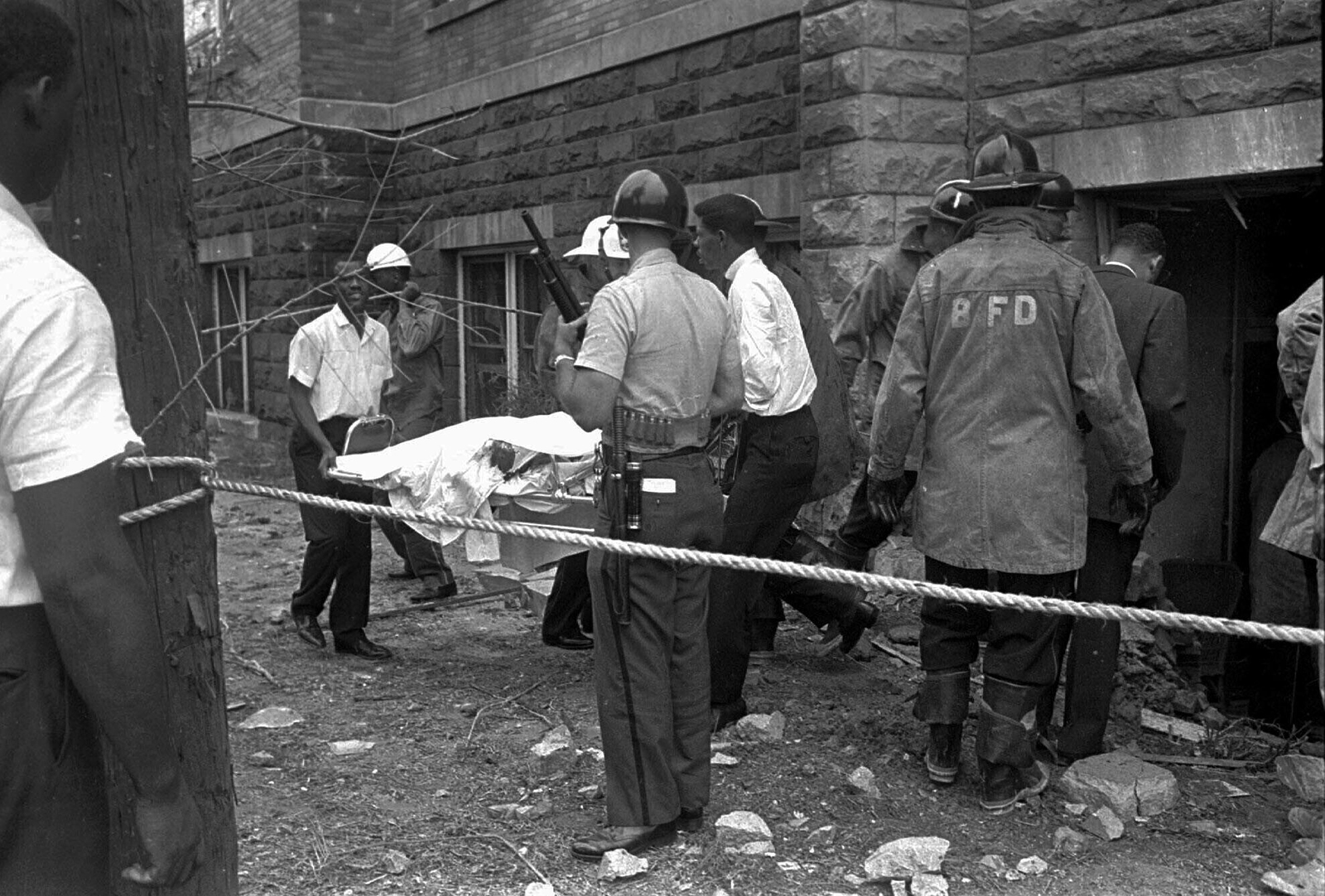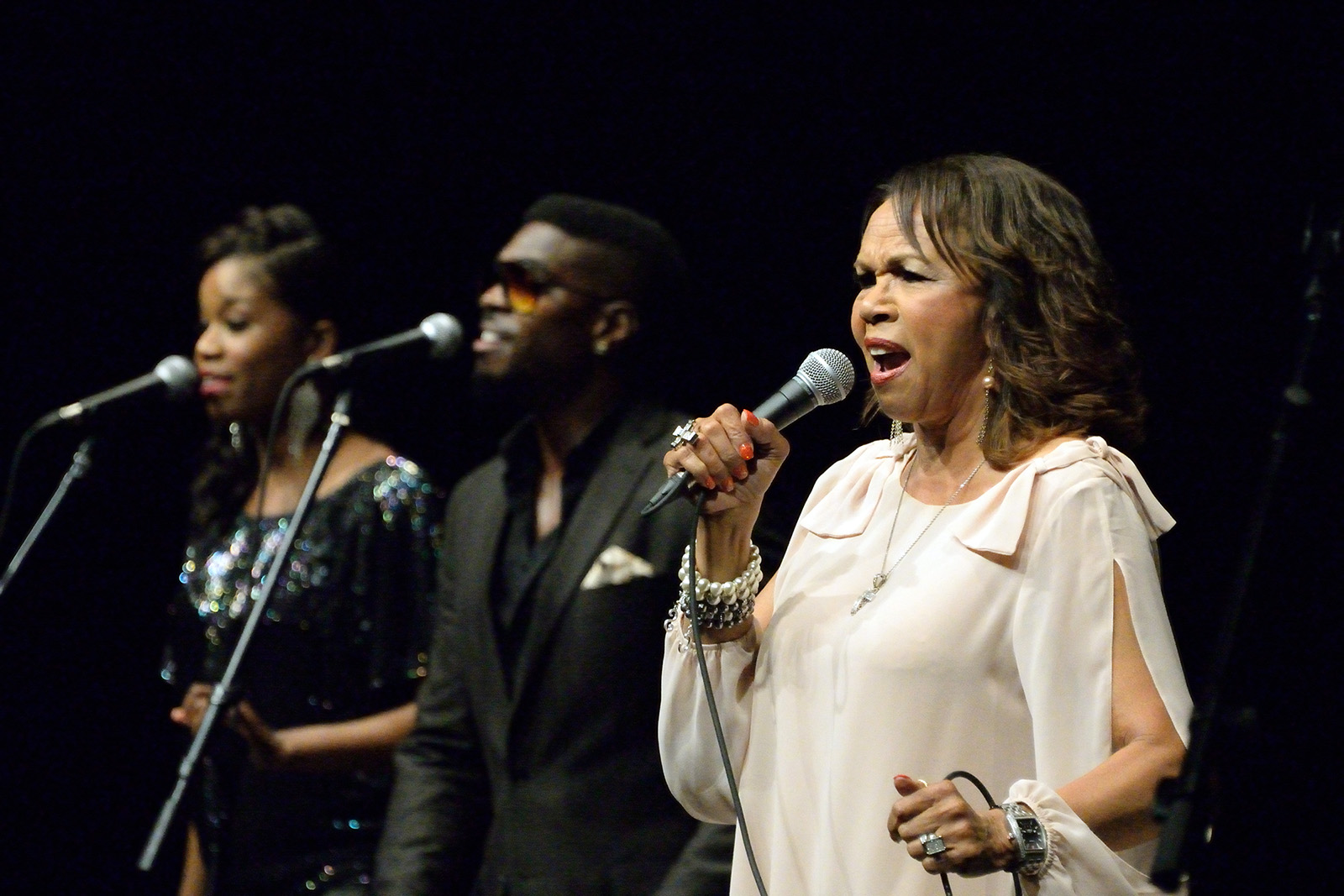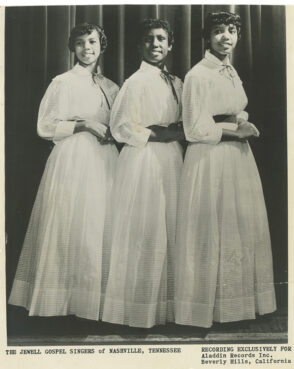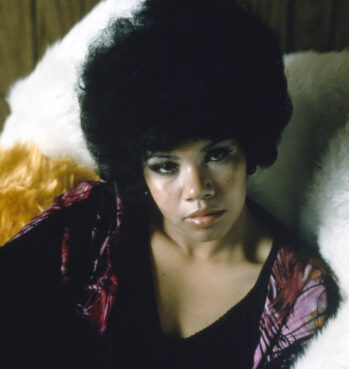
(RNS) — Before she became known for R&B, soul and dance music, singer Candi Staton was a musician in an Alabama church. On a Sunday in the middle of September, 1963, she accompanied her church’s minister when he was invited to preach at a Birmingham congregation about 20 miles away.
Her plans to play the piano and sing with the choir were interrupted by the news that the nearby 16th Street Baptist Church had been bombed. Sixty years later, she has composed “1963,” a song and soliloquy to mark the tragedy and to name the four people who died at the church that day:
“Four little girls lost their lives/Little Cynthia Wesley/Little Carole Robertson
Little Denise McNair/And Little Addie Mae Collins/Between the ages of 11 and 14/
They never made it that day/Lord, have mercy.”
“Their lives were lost, and people should know their names,” Staton said in a Wednesday (Sept. 13) interview. “They just said ‘four little girls,’ and that could have been anybody.”
Staton, 83, a member of an Atlanta-area Word of Faith church, continues to sing gospel and secular music, including during recent European music festivals, decades after receiving four Grammy nominations. “1963” is set to release on digital platforms on Friday.
The Hanceville, Alabama, native spoke to Religion News Service about her memories of Sept. 15, 1963, what it was like being a child singer in a gospel trio, and why she returned to gospel music later in life.
The interview was edited for length and clarity.
Was ‘1963’ something you wrote over time or something you composed quickly?
I composed it quickly because I lived it. I was there. I was in Birmingham the Sunday that it happened with my two little boys. One was almost 4 and one was a baby at the time. And we were at a church during that day when it happened.
RELATED: Birmingham church, 56 years later, to recall bombing with messages of love, action
We had been invited to do the morning service (at the nearby church). And I would play the piano, and I would sing with the choir. We had already started when one of the deacons come bursting through the door screaming, “Get out, get out. They’re rioting down the street. Four little girls have got killed at the 16th Street Baptist Church.” I was shaking. I’ve never been in anything like that. I was 23. And with two small children and you’re thinking about how are we going to make it?
I was thinking about trying to protect my children. And we had to drive right through the worst part of the riots — downtown Birmingham.
What was it like to leave the church you were visiting and trying to head home on that day?
It was horrible. People were running. They were screaming. They were cursing, crying. They were trying to get out of the way. And we were trying to get through the crowd. The traffic was horrible. We were just going at a snail’s pace, just trying to get through all of it, plus trying to dodge some of the rocks they were throwing through the windows of the stores downtown. They were pushing over cars, and I was praying they wouldn’t push ours over.

FILE – Firemen and ambulance attendants remove a covered body from 16th Street Baptist Church, where an explosion ripped though the structure during services, killing four girls, on Sept. 15, 1963. (AP Photo, File)
Members of the Ku Klux Klan planted the bombs and were convicted for their crime at 16th Street Baptist, but I understand you had other memories of the Klan as well.
I was about 6 or 7 years old. And I remember them so well. We were so afraid. We stayed afraid all the time because the Civil Rights law had not been established. We were lesser citizens, and they never let us forget that.
Were there instances where they were outside your house or in your neighborhood or going down your street?
Yes, they would come down through our streets just to keep us afraid. It would be a bunch of guys, dressed in white, and you couldn’t see their faces. They would have on their hoods. And they would have lamps and they would be calling us the n-word. My mother used to push us under the bed and tell us to hide until they left.

Candi Staton performs at the W.C. Handy Music Festival in Florence, Alabama. Photo by Dick Cooper
You could have written just about September 15, 1963. But you also were remembering children who have been killed in places like Sandy Hook and the South Side of Chicago. Why did you extend your song to include those as well?
Let’s save the children. It doesn’t matter what color they are now. People are just so careless with guns. I mean, it reminds me so much of what we went through in 1963. That should not be happening. We should have gun control. We should have grown up. We should be more mature now than 1963.
In your singing career in the 1950s, before the church bombing, you sang with The Jewell Gospel Trio. What do you recall of singing with other gospel singers of the time, including the Staple Singers, the Caravans and Mahalia Jackson?

The Jewell Gospel Trio, circa 1953. Photo courtesy Capital Entertainment
Well, we had to travel in caravans. It would be like six cars. Sam Cooke, The Pilgrim Travelers — Lou Rawls was with them at the time. We would have to travel together, doing the Southern trips. We had safe houses. We couldn’t stop at the Holiday Inn. They were houses that would take us in and we would live there for maybe a week. And we would travel in and around that area, and we would come back to that house at night and rest.
We could not eat in the restaurants. When we got hungry, we’d have to stop at these tiny little restaurants, and they would open up the window, and you would stand even if it was raining — we’d have an umbrella over us — and we would order a sandwich, and they would give it to us through the window while (white) people inside would be seated and enjoying their families.
Did you perform songs together with Mahalia Jackson and these other gospel groups that you mentioned? Or was your group one of the opening acts?
Oh, no. We were the closing act. (laughs) We were three little girls ranging from 9 to 14, and we would sing together as a trio, and we had a five-piece rhythm section behind us including the gospel steel (featuring steel guitar). We performed, little girls in can-can slips, little black patent leather shoes and socks. And we would sing like grownups. And we had perfect harmony. We were like The Jackson 5.
After decades singing in the R&B and soul realms, you returned to gospel, including dance mixes such as ‘Hallelujah Anyway.’ Why did you follow that musical trajectory, going back to gospel?

Candi Staton in a FAME Records promo in 1969. Photo courtesy Capital Entertainment
I just got burned out. I started drinking. I started doing things I knew I couldn’t continue to do. And, at that time, I was singing at my local church, and someone from TBN (Trinity Broadcasting Network) saw me, and I got back into gospel music.
I’m still saved. I still pray. I still fast. I still seek God. I have a prayer room in the top of my house where I go up there and lay before the cross. My heart is not changed. But God gave me permission. He said, “I am the way, the truth and the life. What are you singing?” I said, “I’m singing truth.” He said, “Well, that’s fine.”
RELATED: Birmingham church bombing recalled with donation, medal
